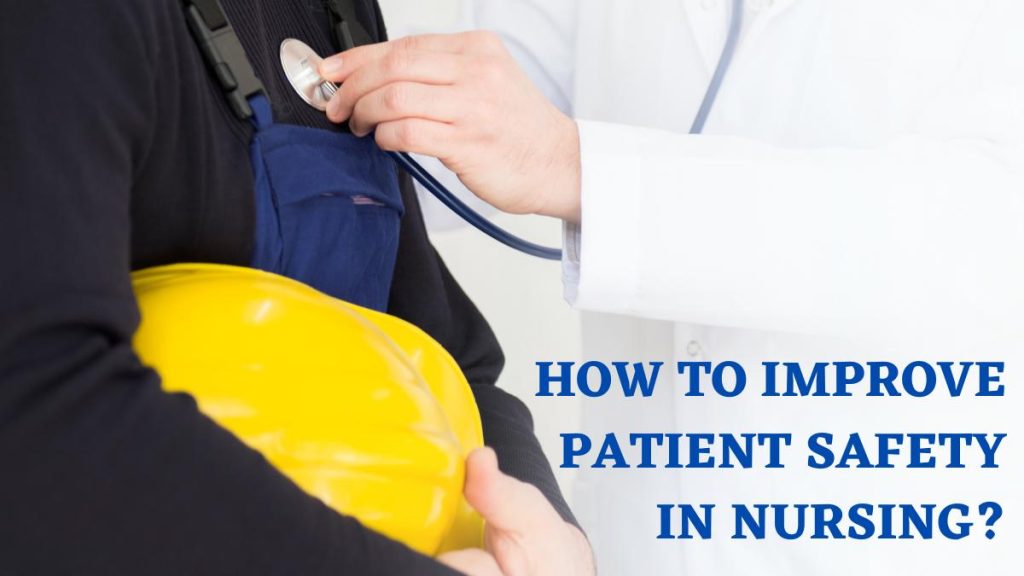- Oak Brook:(630) 705-9999
- Chicago:(312) 920-8822
- Email:inquiry@vervecollege.edu
- Make a Payment
- Home
- Programs
- Admission
- Resources
- ATI Entrance Exam Resources
- New E-Digital Library
- Refer a Friend
- School Newsletter
- Events
- Employers
- Job-Network
- Alpha Beta Kappa Candidates
- Verve College Library
- Graduation and Pinning Ceremony Photo Galleries
- Textbook Information
- Career Services
- Tutoring
- School Catalog
- FAQ
- Constitution Day Program
- Alumni
- Verve College Plans
- Financial Aid
- HEERF Reporting
- Satisfactory Academic Progress
- Apply For Financial Aid
- Net Price Calculator
- Return of Title IV Funds (R2T4)
- Financial Aid Office Code of Conduct
- Contact
- FAQs
- Verification Policy
- Vaccination Policy
- Student Right-to-Know Act
- Misrepresentation
- Information Security Program
- Academic Award Year
- Availability of Employee
- Cost of Attendance
- Health & Safety Exemption Requirement
- Students Rights and Responsibilities
- Leave of Absence
- Pell Formula
- Military Students
- Grants/ Scholarship Policy
- Contact Us
- Testimonials
- Blog
Is a Nursing Career Right For You?
Take The Free Quiz
How to Improve Patient Safety in Nursing?
How to Improve Patient Safety in Nursing?
According to experts, nurses are unrivaled in improving patient outcomes and avoiding mistakes. Every year, millions of lives are threatened due to mistakes; therefore, nurses play a pivotal role in protecting patient safety.
Common patient safety problems for nurses include medication errors, slips, falls, infections, and missed care. Experts agree that errors often reflect system failure rather than individual negligence or fault being the source. According to experts, here are eight ways to improve patient safety and more you can learn from practical nurse school:
Here Are 8 Ways to Improve Patient Safety
Support a Safety Culture
Experts recommended building safety cultures to counter the rising incidences of errors and harm. Not every mistake can be corrected; all humans make errors unknowingly, but it doesn’t happen on purpose.
Experts define a culture of safety as being defined by shared principles and actions that demonstrate commitment to prioritizing safety over other objectives. Such cultures promote trust among team members. When looking for new employers or jobs with them, nurses should learn about workplace safety ratings from previous employers in terms of workplace safety ratings.
Communication is Key
Experts insist that communication and teamwork are vitally important. Nurses should raise concerns if they detect potentially hazardous situations developing, broken equipment, or need help moving patients. This should happen through shared governance meetings, management rounds, or meetings with nursing leaders as soon as they become apparent. According to experts, serious issues may result from miscommunication between shifts or settings that overlook important details, and handoffs pose a considerable threat.
Follow Checklists And Perform Basic Care
According to experts, it is crucial to recognize simple tasks, like rotating patients and providing dental hygiene care, are associated with more mistakes and injuries. However, many individuals claim they need more time for everything.
Studies have demonstrated the significance of proper dental care in reducing the risk of pneumonia and decubitus in non-turnover patients. Healthcare employs crew resource management strategies such as timeouts and checklists to reduce medical errors; hourly rounds ensure nurses check on patients to see if they need pain medication, toilet visits, or be repositioned accordingly.
Engage Your Patients
Experts agree that increased patient involvement enhances therapy safety. This involves talking to and listening to each individual about their goals as well as concerns they express regarding the treatment they’re receiving, such as assertions they never used this drug before or find it unfamiliar; for instance, a patient-friendly medication administration record developed and distributed daily can serve as an important cross-check teaching is encouraged here as well.
Patients and relatives of patients in hospitals who feel their caregivers aren’t meeting their needs can use the “help-alert” system as a safety net; when calls come through, they have triaged accordingly, and the appropriate person is assigned.
Incidences and Near-misses
According to experts, understanding error sources is necessary to avoid errors. A system-based approach should also be adopted when investigating potential root cause analyses using fishbone diagrams, as advised by these professionals. Additionally, nurses interested in expanding their knowledge can attend training courses. Experts say debriefings following falls or other accidents must occur immediately to ensure no details are forgotten.
Take Care of Yourself
Burnout and fatigue can severely compromise patient safety. In particular, the COVID-19 epidemic has affected the nursing profession. They experience fatigue, anxiety, and depression while many nurses have left the profession and now find it challenging to provide quality of care during these trying times.
Study data showed alarmingly high stress and despair levels tied to increased self-reported medical errors. They believe these mistakes occur due to selfless nurses struggling with stress, despair, or bad health who must continue serving patients even when their glass is empty. Nurses should use employee medical assistant programs to ensure adequate rest, eat nutritiously, socialize with peers, express feelings freely, and invest in their mental well-being.
Follow Infection Control Procedures
Nurses must abide by public health regulations to stop COVID-19 from spreading. For instance, according to the advice, it would be a good idea for nurses to get themselves immunized against it and receive booster shots before venturing outdoors; wear face masks indoors, stay six feet from other people, avoid crowds when testing frequently and wash hands afterward are among other practices recommended for prevention of spread.
Want to Make a Career in Nursing? Get More Information About Our Courses!
Get Involved
Nurses interested in safety may join safety management teams or fill roles like patient safety officers. Nurses passionate about this subject may obtain certificates related to workplace safety; experts indicate the most creative and problem-solving nurses work at bedside from the best nursing colleges in Illinois.
 Sign up
Sign up Login
Login





